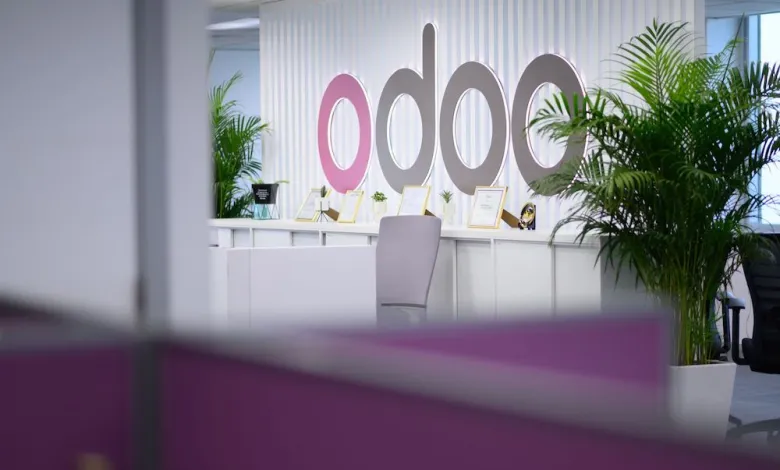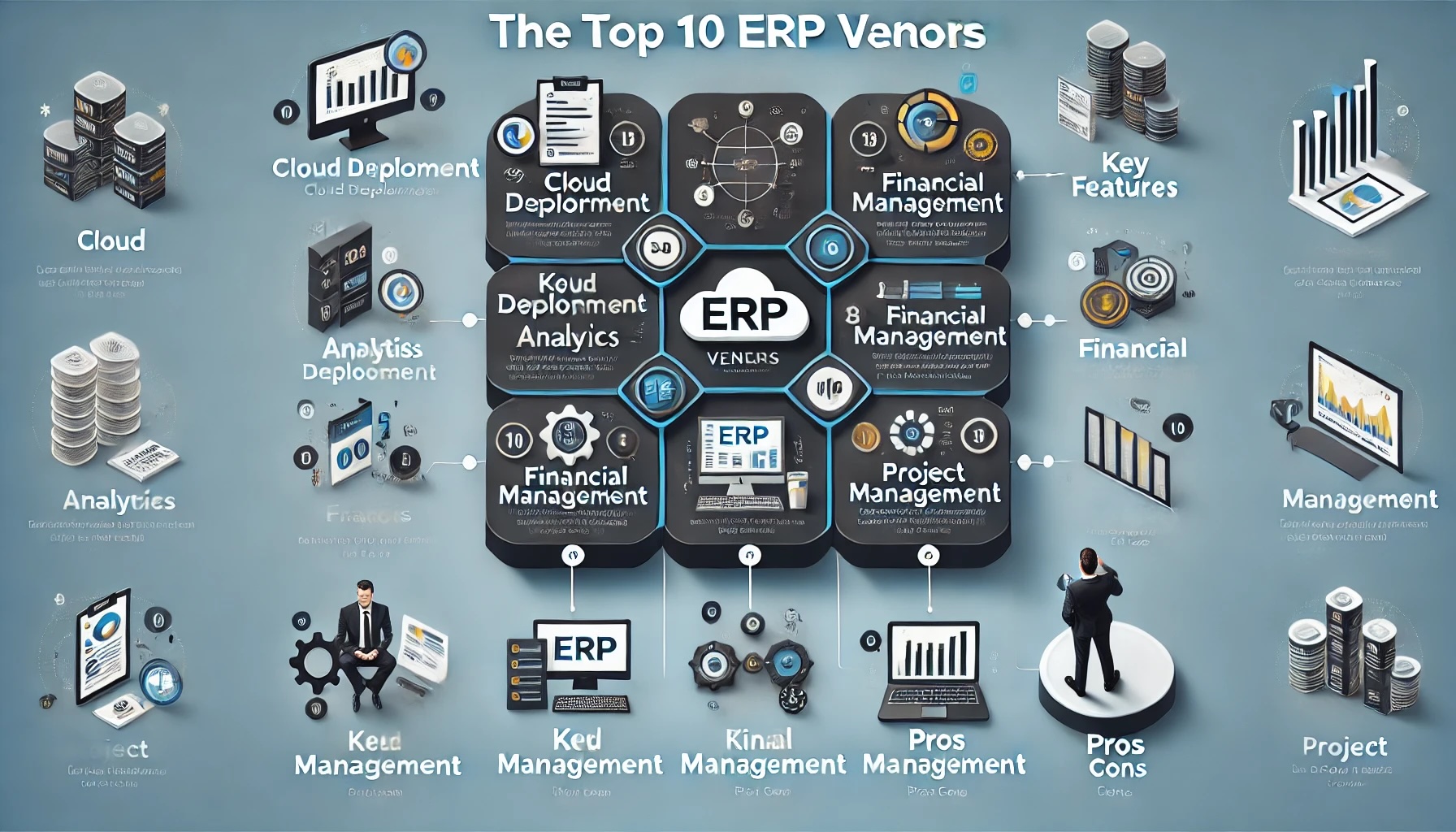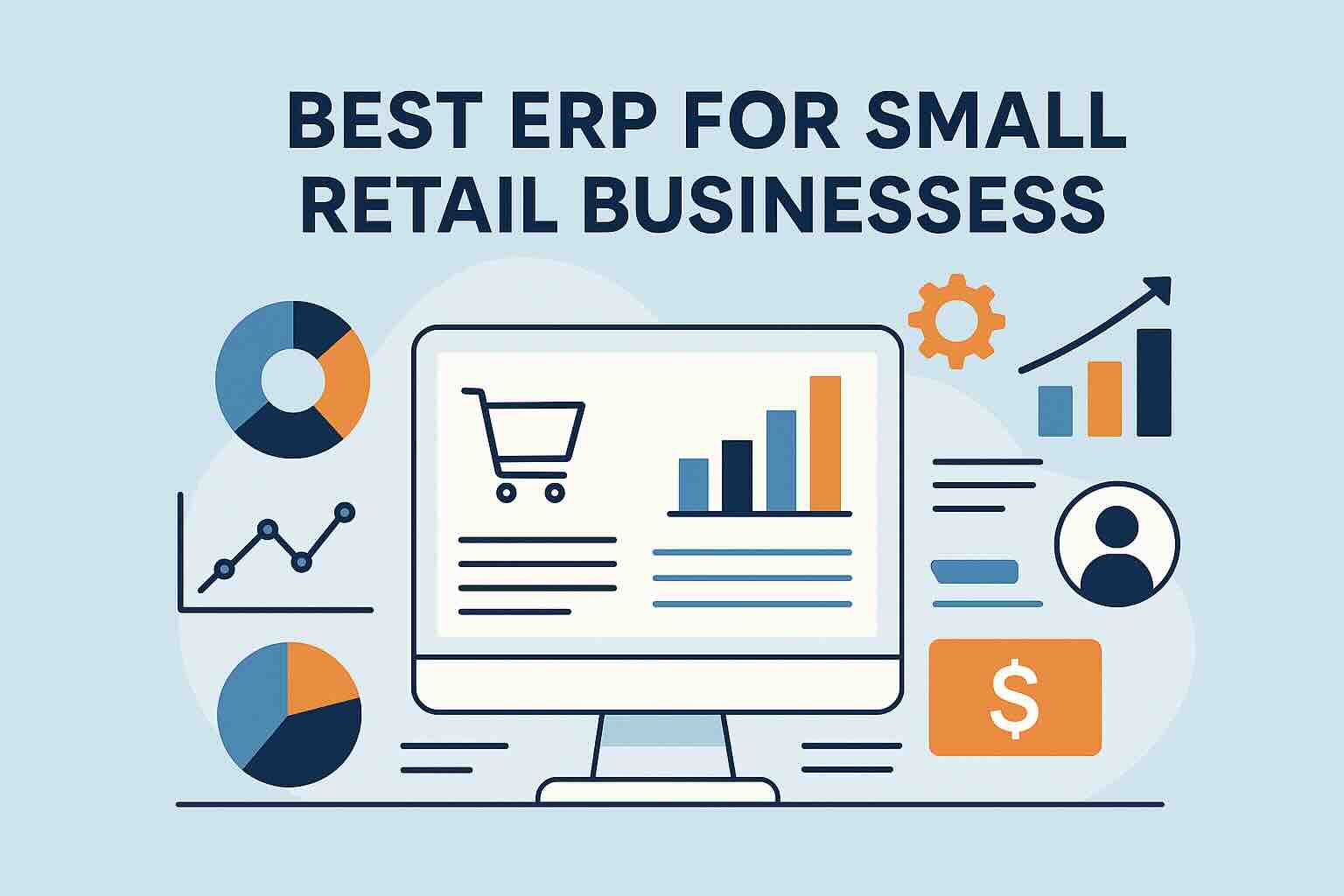What is Odoo?

In the diverse world of enterprise resource planning (ERP) systems, Odoo has carved a niche with its open-source and fully integrated suite of business applications. Designed for companies of all sizes, Odoo stands out with its modular structure and comprehensive coverage of business needs. This blog aims to demystify the solution, highlighting its functionalities, benefits, and how it compares in the competitive ERP market.
Introduction to Odoo
Odoo, formerly known as OpenERP, is a suite of open-source business applications, including ERP and CRM software, that aims to cover all company operations comprehensively. Its strength lies in its integrated approach, combining a variety of business management tools into a cohesive system.
Core Features of Odoo
- Modular Structure: Its modular approach allows businesses to start with basic modules and add more as needed. This flexibility is key for growing businesses that need to scale their operations.
- Comprehensive Application Range: Its includes applications for CRM, website building, e-commerce, accounting, inventory management, human resources, marketing, and more.
- Customization and Integration: Being open-source, it offers significant customization options to fit specific business needs. It also integrates well with other systems, enhancing its functionality.
- User-Friendly Interface: Its interface is designed for ease of use, ensuring a smooth user experience and quick adoption by staff.
- Community and Enterprise Editions: It offers a Community Edition, which is free and open-source, and an Enterprise Edition, which includes additional premium services and features.
Advantages of Odoo
- Flexibility and Scalability: The modular structure of Odoo allows businesses to select only the applications they need, making it a scalable solution that grows with the business.
- Cost-Effective: The open-source nature of Odoo’s Community Edition makes it an affordable solution for small to medium-sized businesses.
- Comprehensive Solution: With its wide range of applications, Odoo provides an all-in-one solution that can replace multiple disparate systems, streamlining business processes.
- Strong Customization Capabilities: Odoo’s open-source framework allows for deep customization to tailor the system to unique business requirements.
- Active Community Support: Being open-source, Odoo has a strong community of developers constantly improving the software and providing support.
Potential Limitations of Odoo
- Complexity in Large-Scale Implementations: For larger businesses with more complex needs, Odoo’s implementation can become intricate, requiring expert assistance.
- Dependency on Technical Expertise: Effective customization and integration may require a high level of technical expertise or external support.
- Cost of Enterprise Version: While the Community Edition is free, the Enterprise Edition, necessary for more advanced needs, comes at a cost, which can be a factor for budget-conscious businesses
Odoo in the ERP Market
Odoo presents itself as a unique player in the ERP market, offering a flexible, comprehensive, and cost-effective solution. Its open-source model and strong community support make it an attractive choice, especially for small to medium-sized enterprises looking for an adaptable and integrated business solution.
Conclusion
Odoo is more than just an ERP system; it’s a versatile and comprehensive suite of business applications designed to cater to a wide range of business needs. With its flexibility, customization capabilities, and modular structure, it is positioned as an accessible and scalable solution for businesses looking to optimize their operations. Whether a small startup or a growing enterprise, Odoo provides the tools necessary for efficient and effective business management in today’s dynamic market landscape.
To compare Odoo with 100s of other ERP solutions, you can use our new AI-powered Compare ERP tool. It’s free to use and you get a guaranteed discount on your first year’s licence fees with a referral from Compare ERP.









